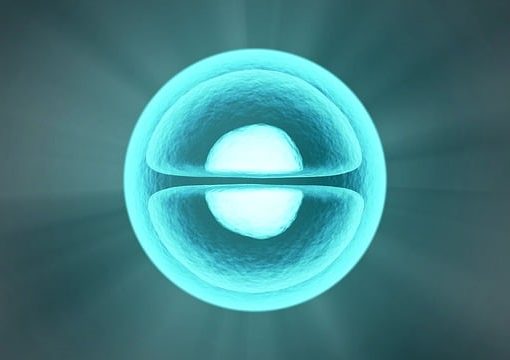In “Evolution and the Transcendence of Mind,” Theodore Roszak critiques conventional Darwinian views of evolution as a mindless process driven solely by random genetic variation and natural selection. He argues for a more nuanced understanding that recognizes a “vertical” evolution towards greater complexity and consciousness, as exemplified by the human brain. Roszak highlights the limitations of viewing intelligence merely as problem-solving capabilities, suggesting that this narrow perspective neglects the richness of human experience, including creativity, spirituality, and compassion. He warns against the dangers of over-relying on artificial intelligence as a model for understanding consciousness, emphasizing that true evolution encompasses not just logical reasoning but also the expansive qualities of the human mind.
Editor’s Note: Roszak’s concept of vertical evolution invites us to rethink the trajectory of human development as a dynamic interplay between biological, cultural, and spiritual dimensions. This perspective suggests that evolution is not merely a linear progression toward survival but a complex journey toward greater consciousness and interconnectedness.
As we navigate an era marked by rapid technological advancement and existential challenges, recognizing the verticality of evolution compels us to prioritize qualities such as empathy, creativity, and ethical responsibility in our future endeavors. It challenges us to envision a future where human evolution is guided not just by adaptation to external pressures but by an intrinsic drive toward deeper understanding and holistic well-being.
Embracing this broader view of evolution may empower us to cultivate a society that values the richness of human experience, fostering resilience and innovation in the face of uncertainty. [Also read Evolution is Purposeful, And It is Freaking Scientists Out, From Chaos to Complexity: Exploring the Interplay of Randomness, Evolution, and Spirituality in the Universe and Humanity].
Read Original Article
Read Online
Click the button below if you wish to read the article on the website where it was originally published.
Read Offline
Click the button below if you wish to read the article offline.





